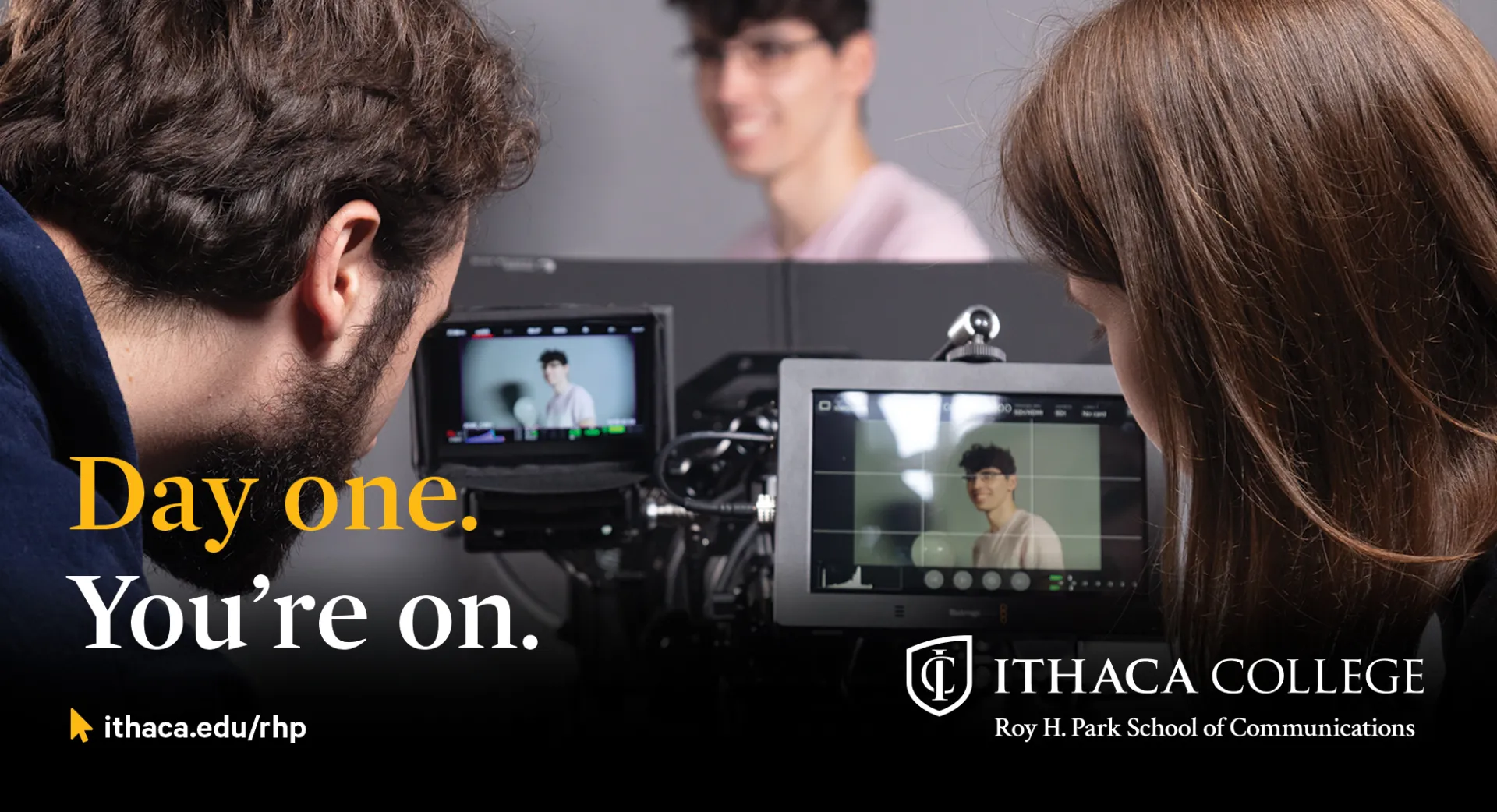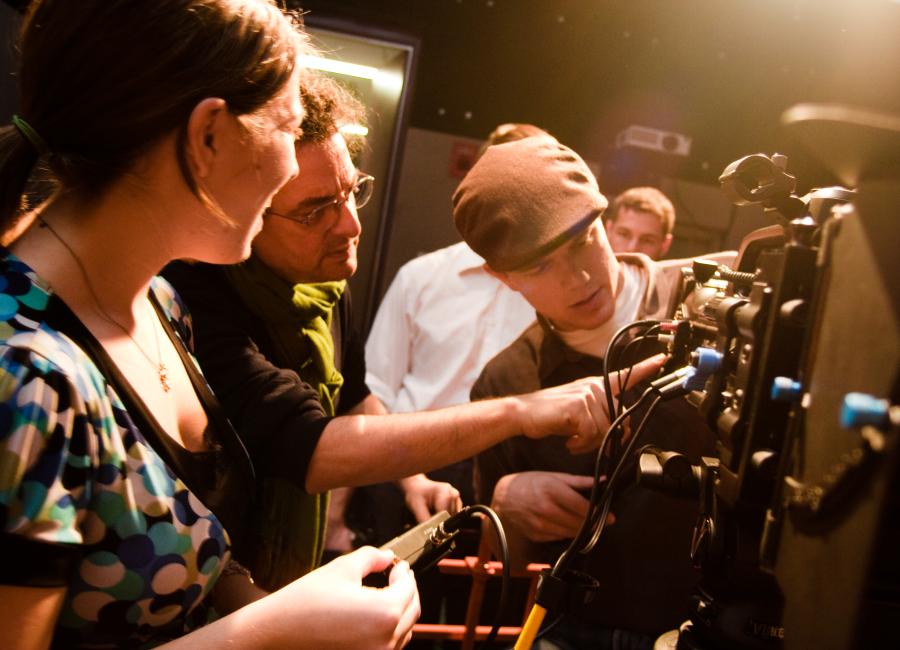As an undergraduate student, you are accepted directly into your major and are immediately placed in classes that provide you with the conceptual, creative, and technical tools to begin your journey. If you've already been producing media in high-school, we won't put you on hold. Check out these profiles of talented Parkies who thrived professionally while still being full-time students. If you haven't had the opportunity to explore media yet, that's ok, too. In either case, it's important to jump right into experiences that will help you decide which of the hundreds of areas of specialty best fit your talents and goals.
MORE UNDER ONE ROOF
Not sure which major is right for you? No problem! Check out our guide on selecting the right major for you. We offer seven undergraduate majors—far more than most other colleges—and it's easy to try out different disciplines and courses and to transfer to another major within the School or to add a minor.


